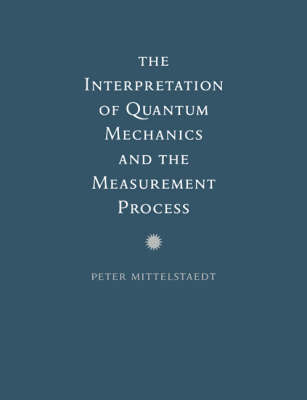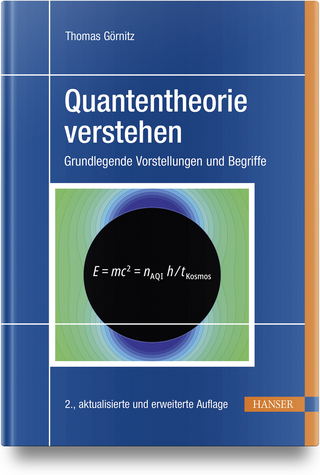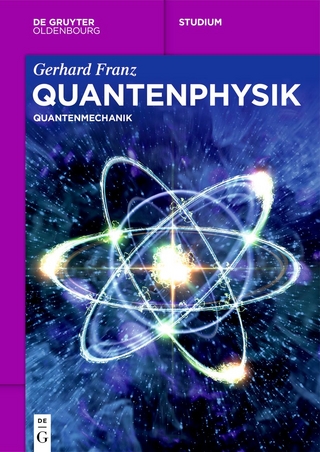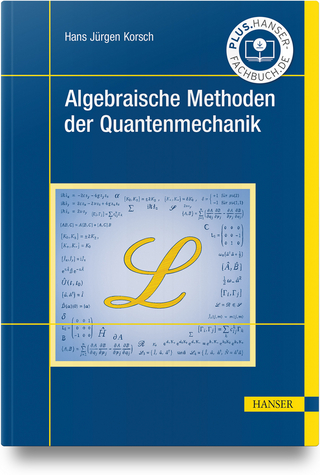
The Interpretation of Quantum Mechanics and the Measurement Process
Seiten
2004
Cambridge University Press (Verlag)
978-0-521-60281-5 (ISBN)
Cambridge University Press (Verlag)
978-0-521-60281-5 (ISBN)
This is a monograph on the philosophy of quantum mechanics. In this book quantum mechanics is considered as a universal theory applicable to all physical objects, from atoms and molecules to macroscopic objects, neutron stars and, indeed, the entire universe. Of interest to graduate students and researchers in theoretical physics and the philosophy of science.
The main theme of this book is the idea that quantum mechanics is valid not only for microscopic objects but also for the macroscopic apparatus used for quantum mechanical measurements. The author demonstrates the intimate relations that exist between quantum mechanics and its interpretation which are induced by the quantum mechanical measurement process. Consequently, the book is concerned both with the philosophical, metatheoretical problems of interpretations and with the more formal problems of quantum object theory. The consequences of this approach turn out to be partly very promising and partly rather disappointing. On the one hand, it is possible to give a rigorous justification of some important parts of interpretation, such as probability, by means of object theory. On the other hand, the problem of the objectification of measurement results leads to inconsistencies which cannot be resolved in an obvious way. This open problem has far-reaching consequences for the possibility of recognising an objective reality in physics.
The main theme of this book is the idea that quantum mechanics is valid not only for microscopic objects but also for the macroscopic apparatus used for quantum mechanical measurements. The author demonstrates the intimate relations that exist between quantum mechanics and its interpretation which are induced by the quantum mechanical measurement process. Consequently, the book is concerned both with the philosophical, metatheoretical problems of interpretations and with the more formal problems of quantum object theory. The consequences of this approach turn out to be partly very promising and partly rather disappointing. On the one hand, it is possible to give a rigorous justification of some important parts of interpretation, such as probability, by means of object theory. On the other hand, the problem of the objectification of measurement results leads to inconsistencies which cannot be resolved in an obvious way. This open problem has far-reaching consequences for the possibility of recognising an objective reality in physics.
1. Introduction; 2. The quantum theory of measurement; 3. The probability interpretation; 4. The problem of objectification; 5. Universality and self-referentiality in quantum mechanics; Appendices; Bibliography; Index.
| Erscheint lt. Verlag | 25.3.2004 |
|---|---|
| Zusatzinfo | 1 Tables, unspecified; 26 Line drawings, unspecified |
| Verlagsort | Cambridge |
| Sprache | englisch |
| Maße | 192 x 245 mm |
| Gewicht | 290 g |
| Themenwelt | Naturwissenschaften ► Physik / Astronomie ► Quantenphysik |
| ISBN-10 | 0-521-60281-5 / 0521602815 |
| ISBN-13 | 978-0-521-60281-5 / 9780521602815 |
| Zustand | Neuware |
| Haben Sie eine Frage zum Produkt? |
Mehr entdecken
aus dem Bereich
aus dem Bereich
Grundlegende Vorstellungen und Begriffe
Buch | Hardcover (2024)
Carl Hanser (Verlag)
CHF 62,95


